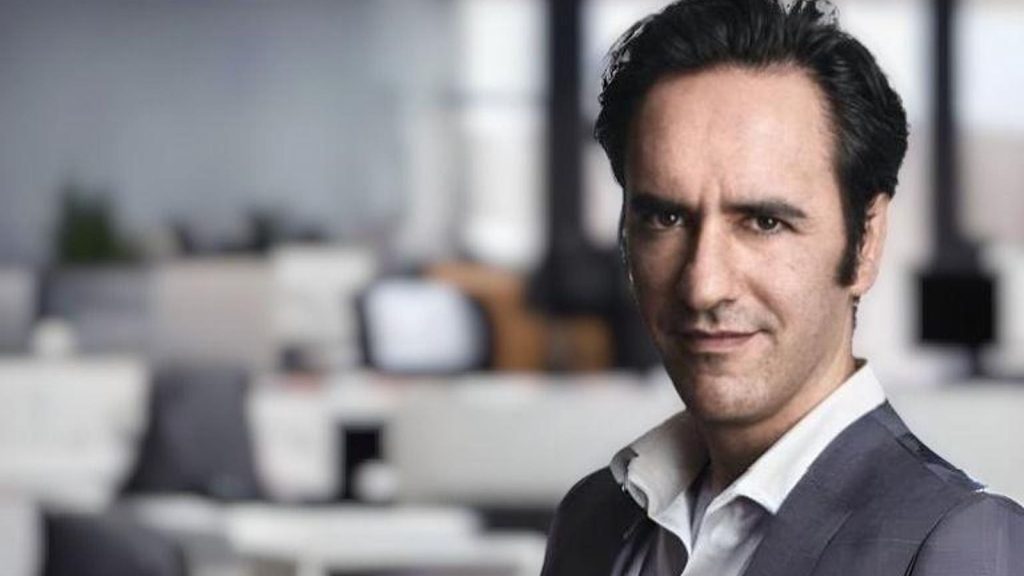Are hundreds of European fintech start-ups heading for a dramatic blow-up? New research suggests they could be, with the authors claiming there is a significant risk of systemic contagion following such a crash.
Fintechs across Europe had by this year raised more than $12 billion to lend to small and medium-sized enterprises (SMEs) and consumers, points out credit fund WinYield, with venture capital investors providing equity and institutional investors such as insurers supplying funding for loans. However, warns WinYield, many of these fintechs have little or no practical experience of investing through different credit cycles – and it claims their supposedly sophisticated new technology may not be up to the job.
The research is based on interviews conducted with around 100 fintechs specialising in the lending market across Europe. WinYield found that fewer than one in 10 of these start-ups had a member of staff with relevant credit market experience. It also reviewed the firms’ technology-driven underwriting models, concluding that many of them consisted of very basic analysis tools that did not provide sufficiently robust back-testing of loans through a range of credit market conditions.
“In conducting these interviews over the past 18 months, we’ve felt a real sense of déjà vu,” says Fabricio Mercier, the founder and CEO of WinYield. “The conversations we’ve had have felt very like the conversations that were going on in the run-up to the global financial crisis of 2007.”
One problem identified by WinYield is that many fintechs may have overestimated the size of the markets they are targeting. For example, lending to ecommerce players is an increasingly popular strategy with fintechs, but these loans are repaid very quickly, as customers settle their accounts, which substantially reduces the credit that fintechs hold on their books.
Mercier also believes that many fintechs have simply set up their businesses with a model that is not economically viable. “Many European fintech lenders are opting for the multi-product approach and the aggressive marketing budgets that are favoured by their peers in the US,” he warns. “But this does not work in a fragmented European market where the break-even portfolio size is much too high.”
WinYield is particularly concerned about the risks faced by fintechs’ venture capital backers, which have invested around $550 million in stakes in these start-ups. That money may be at risk if the fintechs are unable to reach profitability. By contrast, institutional investors providing debt capital do at least have some security, courtesy of the first charge they typically hold on advances made by lenders.
Nevertheless, a significant blow-up in the sector could cause major problems. “Credit is a market characterised by greed and fear,” warns Mercier – participants tend to overreact during both good times and bad, he says. “The question is whether we can get these fintechs to adjust their models rapidly enough to avoid a contagion effect.”
In practice, fintechs’ liabilities are far smaller than those of bank lenders, which reduces systemic risk. However, there is growing concern amongst international regulators about the “shadow banking” sector – non-bank institutions, such as fintechs, that act as lenders – and its potential to destabilise the financial system.
In recent months, for example, the Financial Stability Board, the global regulator, and bodies including the Bank of England and the US Securities and Exchange Commission, have all sounded warnings about different parts of the shadow banking sector. While fintechs are not specifically being targeted, problems with technology-driven lenders could drive increased scrutiny.
However, Mercier believes regulatory intervention in the fintech sector is not the right way to deal with the problems facing the credit start-ups in the current environment. Rather, he is urging investors and fintechs alike to looks more carefully at the models they have developed – and to focus on reducing risk before it’s too late, particularly since venture capital funding for the sector has now largely dried up.
“It’s become clear that the bull market of 2020 was creating an irrational bubble in fintech lending,” Merciar says. “While there are still many bad apples, we believe that the shortage of venture capital may bring European fintechs to their senses with a degree of discipline and rationality returning to their decision making.”
Read the full article here









